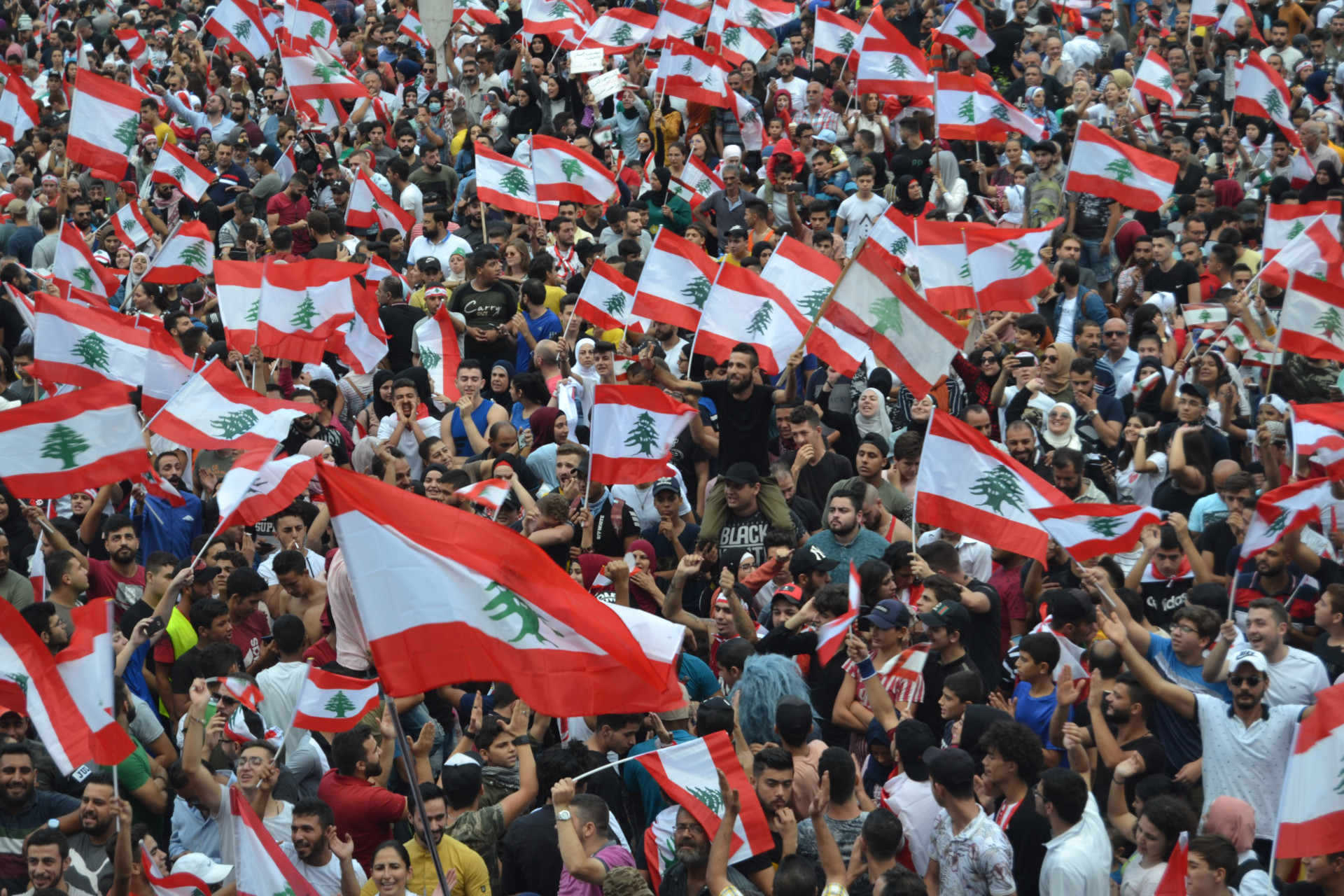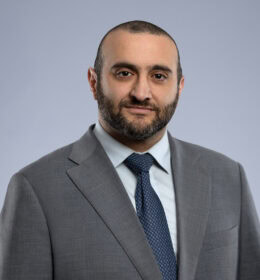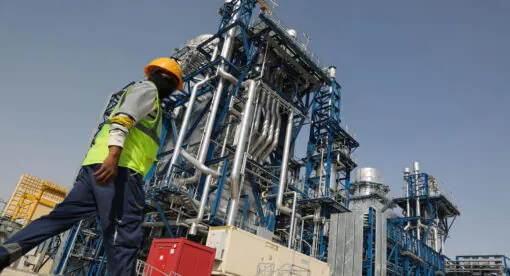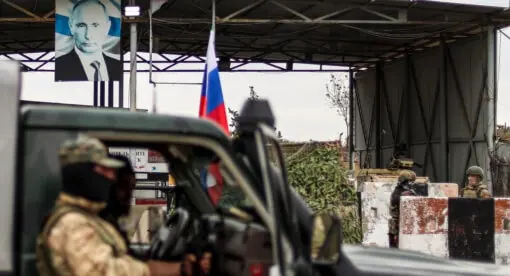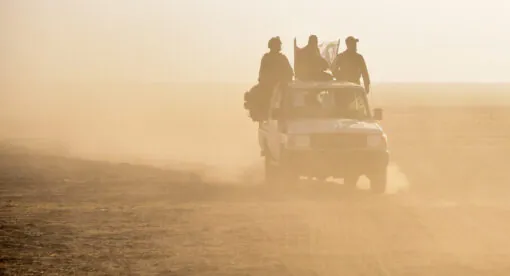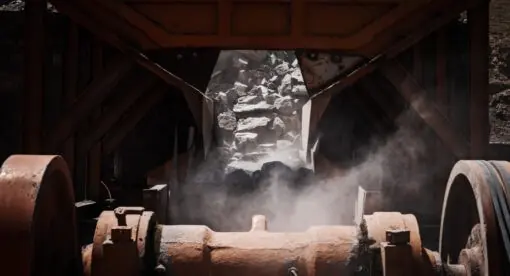The ongoing protests in Lebanon are unprecedented in the country’s long history of political conflict. The current demonstrations attempt to transcend sectarian boundaries and target the political establishment as a whole. Hezbollah and the Lebanese Armed Forces now face a moment of decision: The former will attempt to disrupt the protests and polarize politics along Sunni-Shiite lines, whereas the latter has little experience quelling mass demonstrations and would experience severe strain if ordered to do so. Meanwhile, the stakeholders of the current system will not reform themselves out of political existence. The most likely scenario for Lebanon is a prolonged, sustained unrest, a deepening economic crisis, and a political vacuum. To mitigate this, the United States should focus on cautioning the armed forces to protect protesters and pressuring elites to endorse a technocratic government that would pass a new electoral law and hold early elections.
Continued Corruption
Lebanon has always been ruled by an oligarchy that extracts rents and distributes patronage to its members’ respective communities. The current power-sharing political system emerged from the 1989 Taif Accords, which brought an end to a bloody 15-year civil war. The system is, by design, sectarian; parliament seats, the premiership, presidency, house speakership, and Cabinet positions are distributed by sect. However, there have always been other dynamics, including intra-sectarian competition and a symbiotic relationship (and often overlap) between political, military, and commercial elites. The balance of power between and within communal groupings has fluctuated, but the confessional regime in place since independence in 1943 has essentially remained intact through civil wars, invasions, occupations, economic collapse, and other crises. It has endured partly because despite its failures in governance, it has never faced a unified, mass opposition movement — a result of a highly fragmented society that makes collective action difficult.
This is what makes the current protests unique. The 2005 “Cedar Revolution” that erupted after the assassination of former prime minister Rafik Hariri targeted and forced out the Syrian armed forces that had occupied Lebanon since 1976, but that uprising failed to achieve domestic political reforms. Political elites that supported its anti-Syrian thrust — mainly Sunni, Druze, and Christian — demobilized supporters before the movement could turn its focus to reform. Additionally, Hezbollah and its Shiite base rightly suspected that its military wing (a creation of Iran and an ally to the Syrian regime) would be the revolution’s next target. This polarized the country along Sunni-Shiite lines, and several key figures in the Sunni-led coalition were killed during a campaign of violence by Hezbollah and its Syrian allies.
Rather than weaken Hezbollah, the Cedar Revolution in fact had the opposite effect. Through obstruction and military action, Hezbollah, over time, secured veto power in the Cabinet. The Syrian civil war failed to bring down Hezbollah’s ally, the Assad regime, and Lebanon’s Sunni elite acquiesced to Hezbollah’s power. Last year, a Hezbollah-led coalition won a parliamentary majority and Saad Hariri (son of assassinated former prime minister Rafik Hariri) accepted Hezbollah as a partner in the government. The Lebanese oligarchy had survived an uprising, low-grade sectarian conflict, and profoundly important civil war in neighboring Syria.
This reconciliation of elites has not led to effective governance or solutions to Lebanon’s multiple, increasingly serious problems. In fact it appears to have facilitated cooperation in corruption, be it through elites’ preferential access to contracts or earning money from granting them, immunity from legal accountability, appropriation of public funds for political purposes or personal enrichment, the distribution of official positions to supporters, and so on. Meanwhile, the Lebanese people face mounting pressures that cross sectarian and clan divides, including very high unemployment, increasing public debt, inadequate infrastructure, stagflation, a growing currency crisis, environmental catastrophe, and the socio-economic burden of hosting some 1.5 million Syrian refugees. Amid these circumstances, the government has recently instituted austerity measures to secure foreign financial support to stave off a fiscal catastrophe over which it has presided.
Effects of the Protests
It is against this backdrop that the protests should be assessed. Although triggered by a minor incident — a new tax on phone calls over the messaging application Whatsapp — it exposed grievances that crossed Lebanon’s various fissures. The protests are occurring in multiple cities and all major sects are participating, denouncing their respective leaders. The tone thus far is largely non-sectarian and reflects widespread discontent toward the elite as a whole. The protestors lack a centralized leadership and any coordination is at the local level but there are consistent demands, including the Cabinet’s resignation, a new electoral law that favors qualified candidates over sectarian quotas, and early parliamentary elections. These may be specific demands but in reality they aim to reconfigure the political system to focus on competence and accountability in place of the old sectarian client-patron arrangement. In other words: regime change.
Protests alone merely inconvenience people, embarrass politicians, and highlight grievances. They do not by themselves bring about dramatic political change. But they do create a moment of crisis, and thus off decision, for political elites that can roughly be divided into two groups in this case. The first is the “traditional” political class led by now-former Prime Minister Saad Hariri, President Michel Aoun, and House Speaker Nabih Berri, among others. All are the products of this political system and would be irrelevant without it. Hariri has resigned and the Cabinet is legally dissolved, leaving Aoun, Berri, and their ally Hezbollah without representation in government. Forming another Cabinet may take months or longer in an atmosphere of political polarization.
The military, which enjoys a high standing among the Lebanese people, is in a difficult situation, and it is difficult to predict its behavior. Troops may hesitate to forcibly disperse protests if so ordered. Certainly many share the protesters’ grievances. The military tends to obey government orders but has not been tested under such circumstances. A violent crackdown would severely undermine its reputation. Thus far it has concentrated on using non-lethal force to open key roads and defend protesters from violence by partisans targeting demonstrations. This is a tenable position so long as the military does not receive orders to escalate and partisan violence remains limited.
Then there is Hezbollah, which is in an especially complicated position. Even as Hezbollah has defied its Sunni-led opponents and much of public opinion by maintaining a powerful militia, it has benefited from the legitimacy and cover provided by participation in formal politics. Its presence in parliament and the Cabinet allows it to veto policies aimed at disarming its militia (this is easier than reversing such policies by force on the streets, as it did in 2008). Political participation grants it access to patronage networks that enrich its members and support its constituency. This is increasingly important as financial pressures affect the party’s Shiite constituency and its patrons in Iran.
Hezbollah chief Hassan Nasrallah has secured his movement’s position in Lebanon’s institutions through years of compromise, intimidation, and manipulation while increasing its military power. The status quo favors Hezbollah more than ever and, unlike its traditional political rivals, Hezbollah commands a formidable militia and loyal militant followers who have already proven willing to inflict violence on protesters. Hezbollah’s most promising strategy is to cast the protests as a Western-backed conspiracy against Lebanon and by extension the “resistance.” This accomplishes two things: It increases Sunni-Shiite polarization, undermining the momentum of protests by Lebanese Shia; and it legitimizes the use of force against protests by either the military or Hezbollah partisans. It is in this context that the Sunni Hariri resigned the premiership, something his partisans have blamed on Hezbollah. This is likely to lead to two parallel crises: civil unrest over broad dissatisfaction with the political elites; and sectarian polarization at the level of leaders and parties that will undermine Cabinet formation, legislation, and much-needed economic reforms.
What the Future Holds
The Lebanese system is very likely structurally incapable of reforming itself into something altogether different, even if its members wished it. It is ultimately not capable of addressing Lebanon’s serious challenges due to the divisive, zero-sum nature of the system’s politics. Instead, Lebanon is more likely to experience political paralysis at the elite level, sustained unrest driven by popular grievances a paralyzed political class cannot address, and sectarian polarization at the leadership and street levels.
That said, there are some steps that could create more room for meaningful policymaking and issue-specific reforms. The United States should recognize that Lebanon’s political status quo no longer provides stability, but balance the need for change against concerns that Lebanon’s security and economic situation might unravel. Washington should pressure Lebanon’s political elites to form a technocrat Cabinet that can draft a new electoral law and hold early elections. These are the minimum demands coming from protesters and will not satisfy everyone, but are at least concrete, achievable steps. Moreover, Washington should pressure the Lebanese Armed Forces (recipients of much U.S. aid) to protect protesters from street violence and refrain from using deadly force against peaceful demonstrations. Finally, with Lebanon’s banks face a growing liquidity crisis in the context of a dollar peg, the United States can help protect Lebanon’s financial sector by providing much-needed liquidity should an emergency arise.
Lebanese politics are fundamentally unsatisfying partly because elites — in this case Hezbollah above all — have many ways to derail popular consensus and trap people in sectarian politics. The Lebanese regime is both dangerously ineffective and frustratingly robust. It follows that any attempt to transform will plunge the country into uncertainty and deepen its problems, even as the prevailing regime has shown itself incapable of addressing them.
Faysal Itani is Deputy Director of the Human Security Unit at the Newlines Institute and Deputy Editor of Newlines Magazine. He is also an adjunct professor of Middle East politics at George Washington University and a political risk analyst.
The views expressed in this article are those of the author and not an official policy or position of the Newlines Institute.

